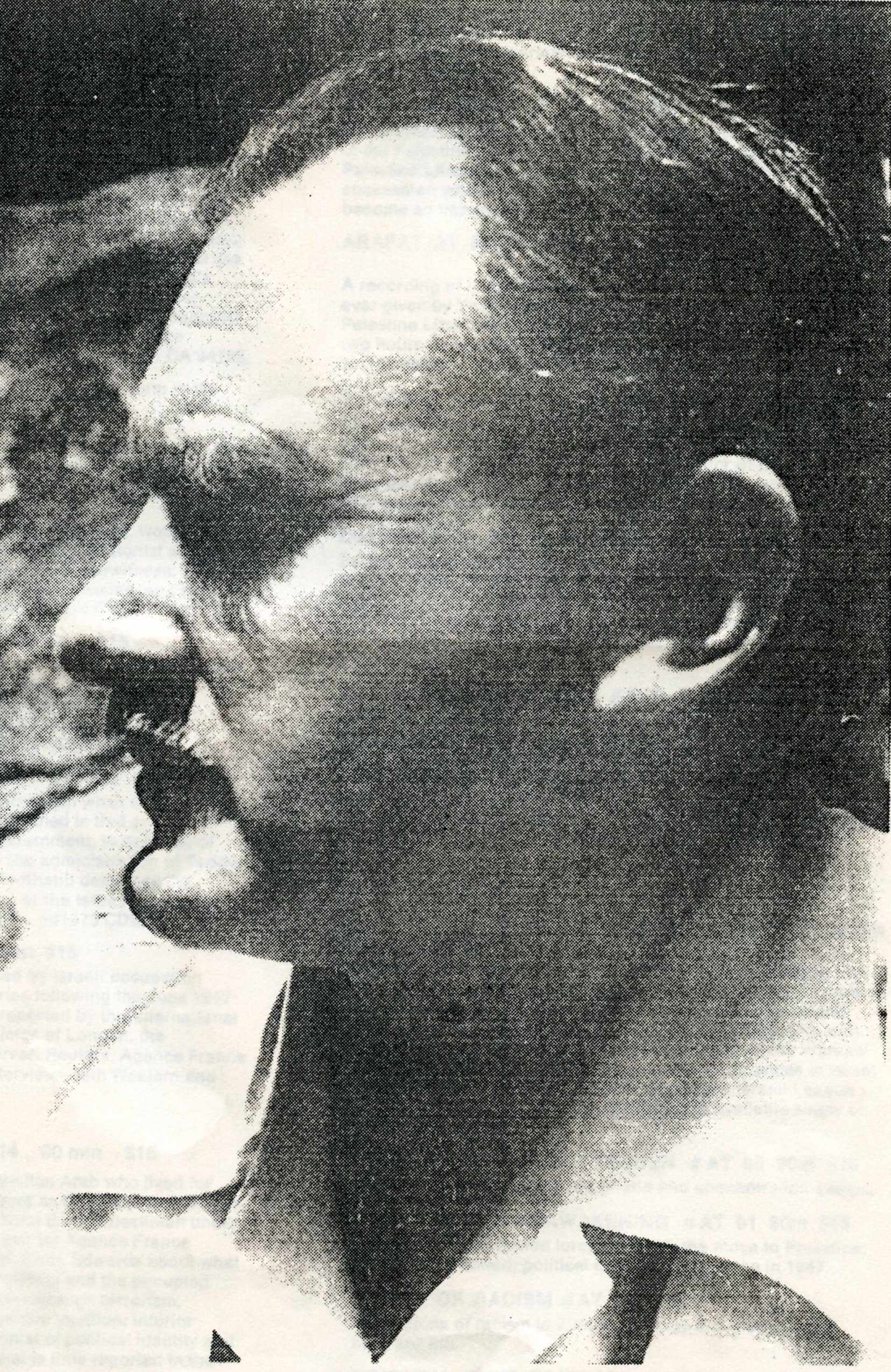Independent Collections
These collections were produced by independent journalists. Many of these recordings make up the bulk of the original collection of the Freedom Archives.
Subcollections
-
Colin Edwards Collection
Materials representing the life-work and journalism of a Welsh radio correspondent and journalist who worked for Pacifica stations, the BBC and many other broadcasters. -
Colin Edwards Free Speech Movement
This collection is produced by journalist Colin Edwards and represent a comprehensive account of the Free Speech Movement and its effect on the political climate of UC Berkeley. -
Programs produced by Kiilu Nyasha
Kiilu Nyasha is a revolutionary journalist and former member of the Black Panther Party. Kiilu still hosts Freedom Is A Constant Struggle, which now appears as a TV program. -
“Nothing is More Precious Than…” a news magazine including music and poetry
KPFA weekly news program running from 1973-1976 featuring in-depth coverage of liberation struggles around the world. -
“The Real Dragon” a news magazine including music and poetry
Real Dragon was a radio program broadcast on KPFA from 1971-1973. This news show focused on issues of national liberation, political prisoners, Vietnam and other major national and international topics.
Documents
3 Documents Found
Date: 12/8/1964Call Number: CE 706Format: 1/4 7 1/2 ipsCollection: Colin Edwards Free Speech Movement
The discussion revolved around the proposal of the senate's academic freedom committee endorsing the Free Speech Movement's basic positions on the disciplinary proceedings and the time, place, and content of speech and advocacy.
Lewis Feuer of philosophy and Nathan Glazer of sociology opposed the committee's proposal. Feuer offered an amendment that committed the university to nonintervention in matters of speech and advocacy only when they were "directed to no immediate act of force and violence."
Date: 12/8/1964Call Number: CE 707Format: 1/4 7 1/2 ipsCollection: Colin Edwards Free Speech Movement
Continuation of previous recording. The discussion on the resolution and the amendment continues as various professors speak for and against the motions.
Date: 12/8/1964Call Number: CE 708Format: 1/4 7 1/2 ipsCollection: Colin Edwards Free Speech Movement
Conclusion of academic senate debate/meeting.
The Feuer amendment was defeated 737 to 284; the vote on the original proposals carried 824 to 115.
3 Documents Found






